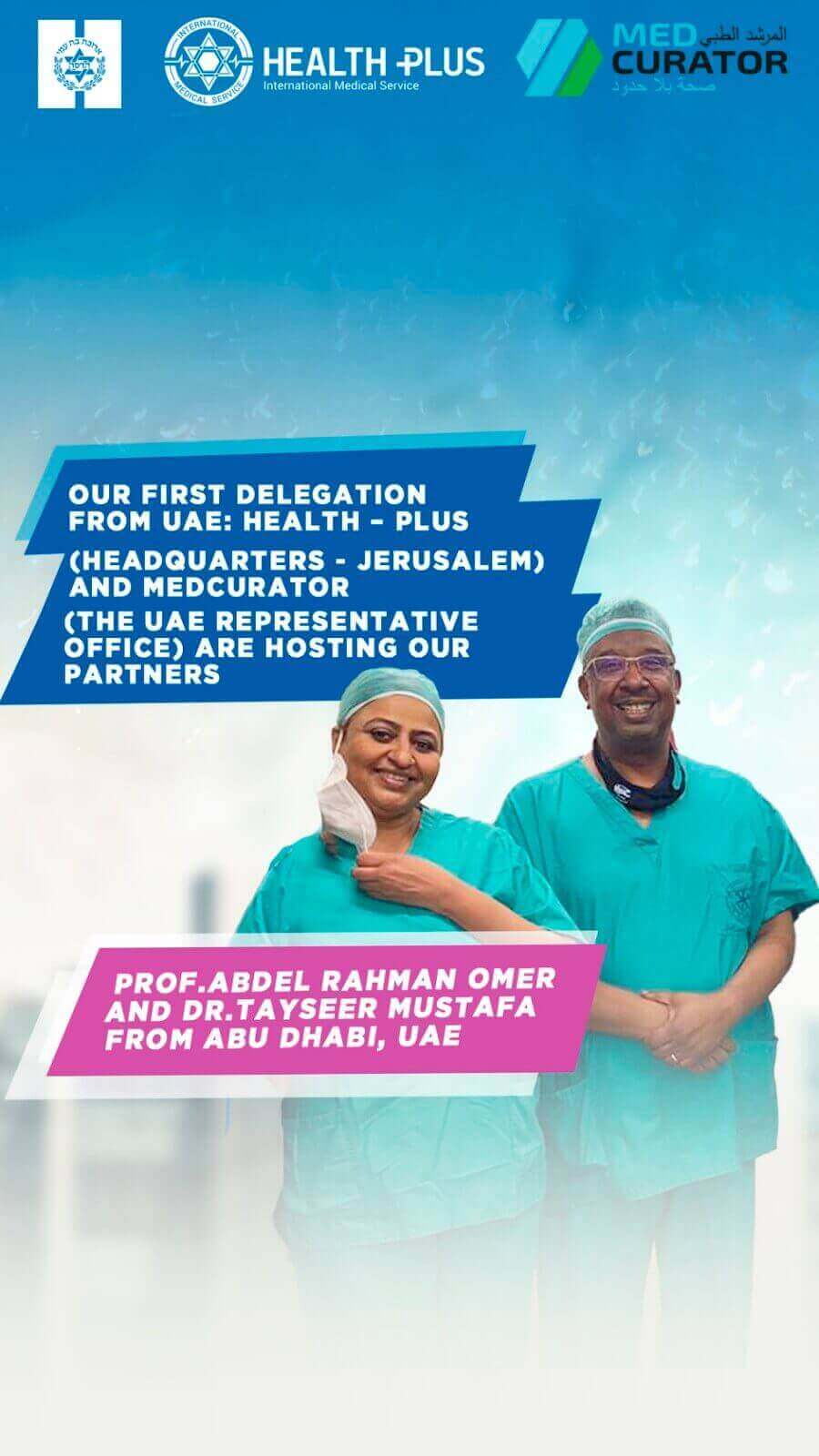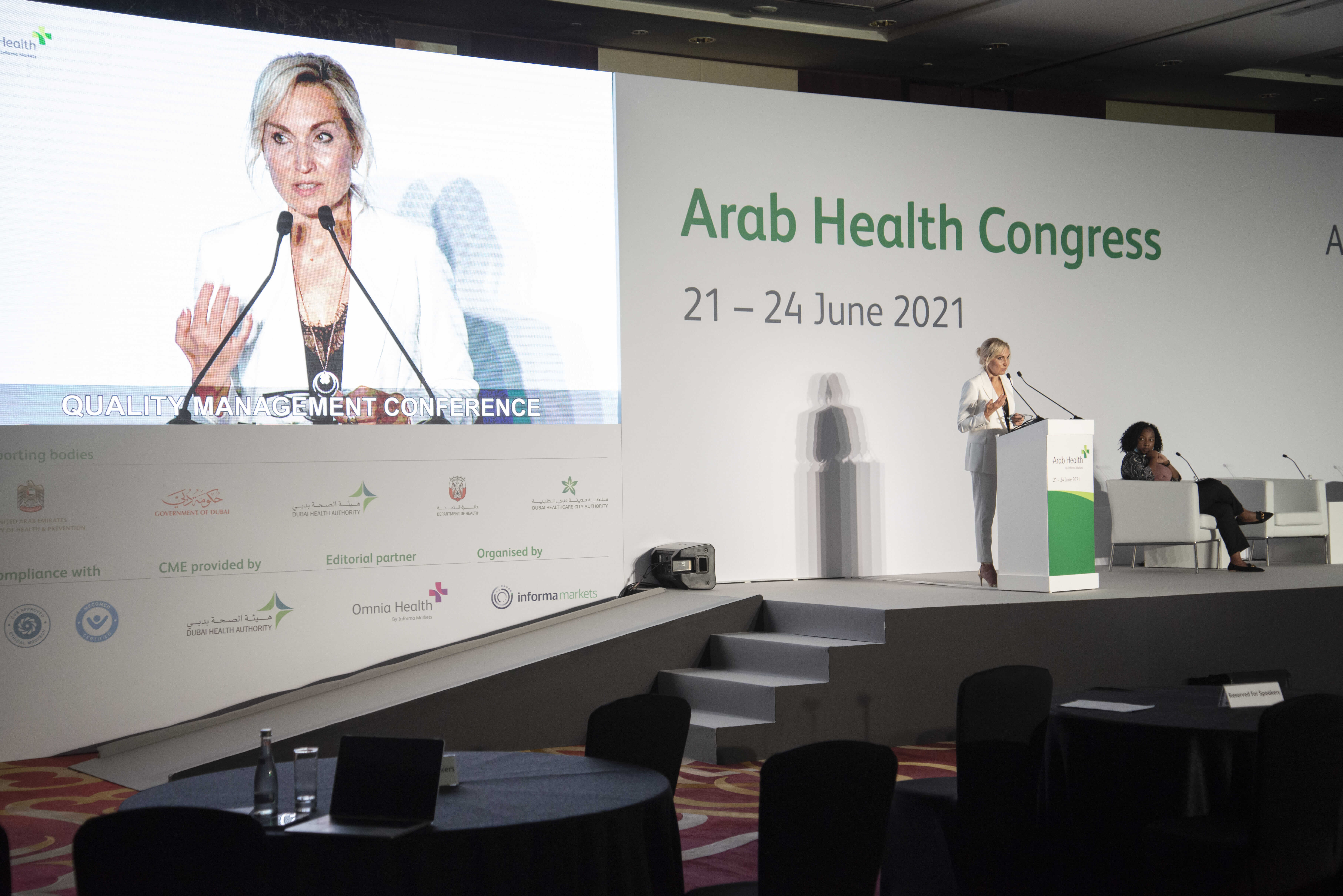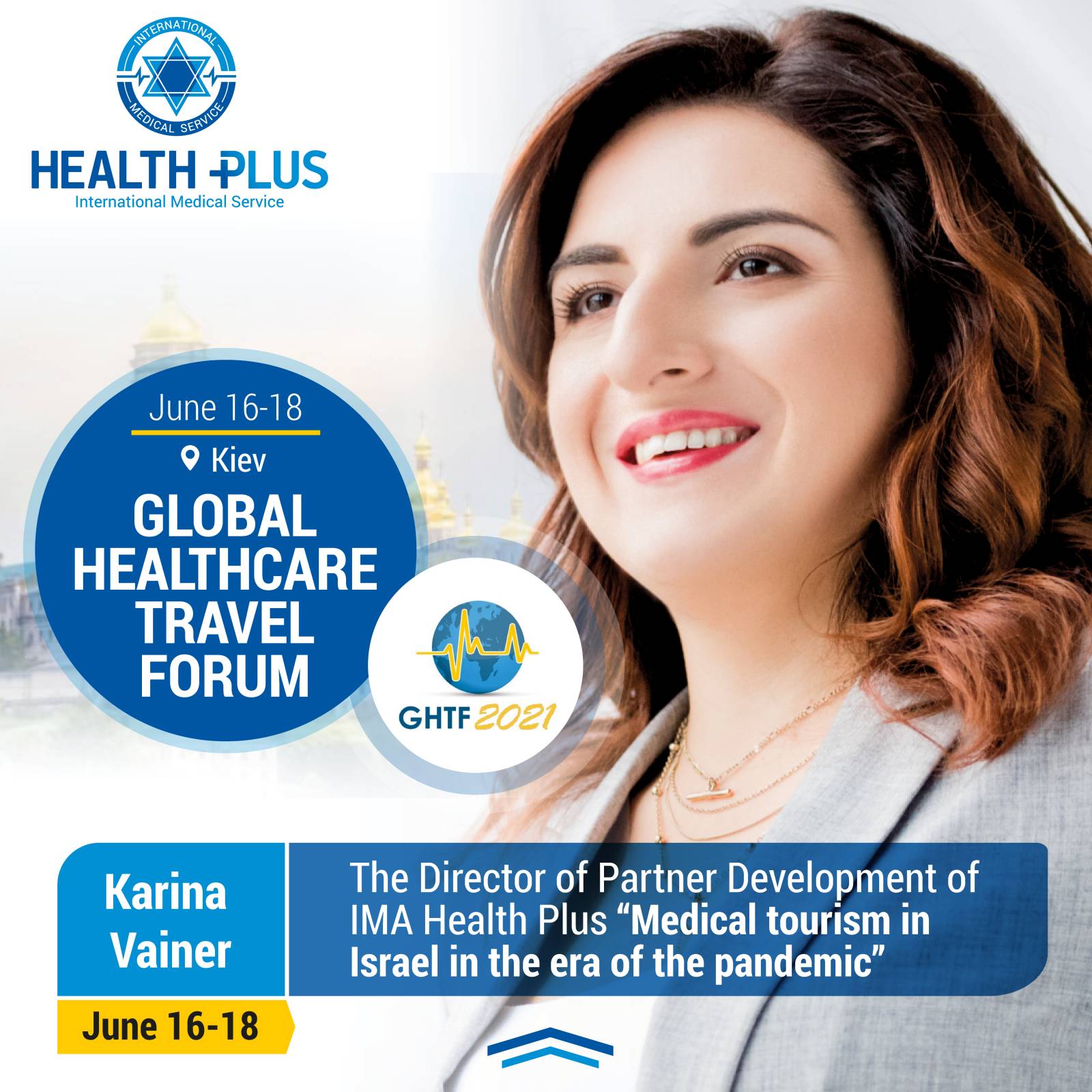Neurosurgery
The department is the only neurosurgery service in Jerusalem and receives referrals from all over the world for special areas of expertise. Over 700 elective and emergency operations are performed each year.
ADVANTAGE OVER OTHER INTERNATIONAL MEDICAL CENTERS
- the only medical facility in the Middle East that treats patients over the age of 80 for stroke. In January 2018, a 99-year-old patient underwent a similar operation.
- Hadassah neurosurgeons were the first in Israel to use the world’s most powerful operating microscope KINEVO 900, the device which allows to see in 3D the smallest tumors and blood vessels. Its implementation has significantly advanced Israeli neurosurgery.
- the only medical institution in the world that uses a special admission protocol, which allows the patient to do CT or MRI scan right away and begin treatment in just 30 minutes from the moment of admission to the department.
- Hadassah neurosurgeons treat newborns, starting from the moment of their birth, and the elderly of almost any age.
In recent years emphasis has been placed on super-specialization and a multidisciplinary approach. This has resulted in an additional advantage – the ability to cope with the entire spectrum of neurosurgical pathologies.
THE MAIN DISEASES THAT ARE DIAGNOSED AND TREATED IN NEUROSURGERY DEPARTMENT:
- Pituitary adenoma.
- Parkinson
- Birth defects of the skull
- Congenital malformations of the blood vessels of the brain
- Hydrocephalus
- Stroke
- Craniosynostosis
- Brain and CNS tumors
- Tumors of the spine in children
- Pituitary cancer
- Cancer of the spine
- Traumatic brain injuries
- Epilepsy
NEUROLOGISTS OF HADASSAH UNIVERSITY HOSPITAL
Neurosurgical operations with catheters at Hadassah are conducted by many experts, one of the most renowned is Professor José Cohen.
Prof. Cohen, has headed number of surgeries with a special team of Hadassah doctors who operated on the highest level politicians and representatives of different counties.
METHODS
NON-SURGICAL:
Stereotactic radiosurgery is a safe one-time non-surgical procedure using focused ionizing radiation which is performed in the following clinical cases:
- removal of benign tumors, such as acoustic neuroma or meningioma, when location of the before mentioned is critical;
- removal of primary malignant neoplasms and metastases;
- correction of malformations of cerebral vessels, for example, arteriovenous malformations;
- relief of pain in case of trigeminal neuralgia.
Chemotherapy
When it comes to the treatment of brain tumors in Hadassah, the most modern medicines are prescribed, often, depending on the clinical situation, in combinations. The administration of the prescribed therapy can be in the form of tablets, capsules or intervein injections, the dose and composition are selected individually after a thorough diagnosis.
Targeted therapy
In some cases, new drugs containing monoclonal antibodies that block the formation of blood vessels are used along with chemotherapy. The drug disrupts the blood supply to cancerous tissues, delaying the spread of the malignant process. In addition, some targeted therapy drugs help to get rid of the side effects of the medications prescribed to cope with swelling that appears due to a tumor.
Advanced High Dose Intraoperative Chemotherapy
After removal of recurrent gliobastoma, some patients are implanted in the area where the tumor was located, special disc with a drug that prevents the recurrence of cancer and alleviates the patient’s condition. The discs gradually are being dissolved over several weeks, releasing the drug, which is delivered directly to the brain tissue. The use of discs allows the patient to receive high-dose chemotherapy, avoiding side effects. This newest development is used only in special cases under the guidance of a doctor.
Surgical techniques:
Many surgical interventions are carried out in Hadassah under the control of the latest generation of intraoperative MRI, which greatly increases the accuracy and safety of procedures.
The leading specialist in this field – Professor Yigal Shoshan, Head of Department of Neurosurgery, a neurosurgeon with over thirty years of experience.
Surgical techniques are very diverse, in each case the type of impact is accurately selected by a multidisciplinary council of leading doctors: neurosurgeons, radiologists, rehabilitation specialists and experts in other medical fields, involved depending on the type of disease.
Endovascular neurosurgery in Israel, as mentioned at the beginning, is at a very high level. This is a relatively new direction, based on intervention using catheters inserted into the body through a small puncture, that helps to avoid traumatic procedure of craniotomy. The indications can be the following pathologies of cerebral vessels:
- Stroke
- Stenosis
- Damage
- Aneurysm
- Arteriovenous malformations
The procedure can also be performed to remove some types of intracranial neoplasms.
Recently, catheterization has been used to treat retinoblastoma by injecting concentrated chemotherapy drugs directly into the artery of the eye, bypassing the bloodstream and digestive system, thus results completely in ruling out the side effects and increasing the direct effect.
Doctors of the department often collaborate with experts from other fields of medicine: this is how Professor José Cohen is involved in the treatment of retinoblastoma, which usually occurs in children as a rare cancerous tumor of the retina. Professor practices catheter chemotherapy, injecting the drug directly into the eye, reducing the dose and increasing the concentration. As a result, chemotherapy works more strongly, but does not cause side effects.
Operations on the spinal cord.
Catheters are often used by neurosurgeons to treat pain that occurs when the vertebrae are damaged because of osteoporosis: a hardening substance, such as bone cement, is injected through the catheter into the damaged vertebra.
Deep stimulation (DBS) is carried out using the implantation of a subcutaneous electrical stimulator, the electrodes of which are brought to certain areas of the brain to correct its function by means of electrical impulses. It is used to treat Parkinson’s disease and other movement disorders.
Functional neurosurgery.
In Israel, this intervention is used quite often. When surgical exposure is carried out in the vicinity of areas responsible for various functions of the body, it becomes necessary to do intervention and remove the pathologic tissue under local anesthesia using the awake craniotomy method. The patient is fully conscious, according to his reaction, the neurosurgeon assesses the danger of harming the brain area. At the Hadassah Medical Center, such procedures are performed by neurosurgeons of the highest class, brilliantly practicing a special ultra-modern functional MRI (FMRI), which helps to accurately localize the signal processing zones coming from various sense organs.
Cranioplasty.
The department successfully reconstructs skull bones damaged after trauma or during a previous operation, using a bone fragment transplantation with the patient’s material or an artificial implant.




